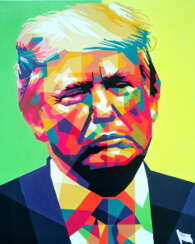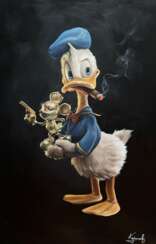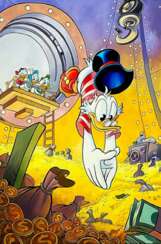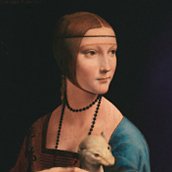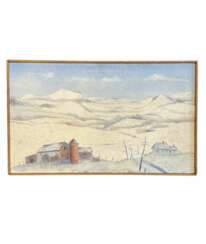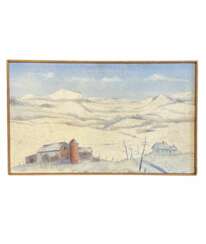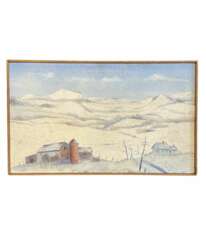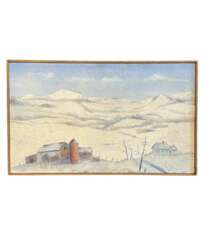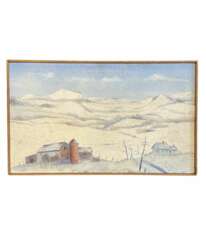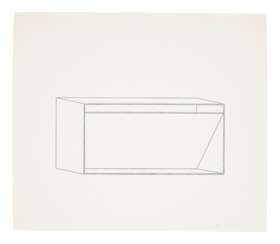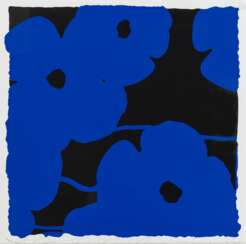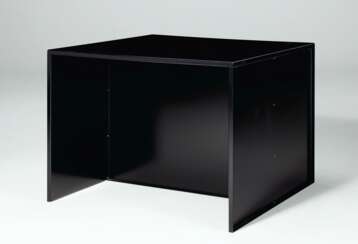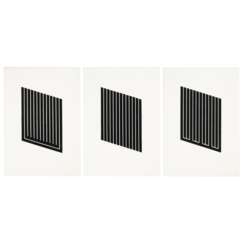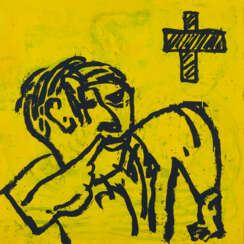дональд
Donald Clarence Judd was an American artist associated with minimalism (a term he nonetheless stridently disavowed). In his work, Judd sought autonomy and clarity for the constructed object and the space created by it, ultimately achieving a rigorously democratic presentation without compositional hierarchy. He is generally considered the leading international exponent of "minimalism," and its most important theoretician through such writings as "Specific Objects" (1964). Judd voiced his unorthodox perception of minimalism in Arts Yearbook 8, where he says, "The new three dimensional work doesn't constitute a movement, school, or style. The common aspects are too general and too little common to define a movement. The differences are greater than the similarities."

Donald Clarence Judd was an American artist associated with minimalism (a term he nonetheless stridently disavowed). In his work, Judd sought autonomy and clarity for the constructed object and the space created by it, ultimately achieving a rigorously democratic presentation without compositional hierarchy. He is generally considered the leading international exponent of "minimalism," and its most important theoretician through such writings as "Specific Objects" (1964). Judd voiced his unorthodox perception of minimalism in Arts Yearbook 8, where he says, "The new three dimensional work doesn't constitute a movement, school, or style. The common aspects are too general and too little common to define a movement. The differences are greater than the similarities."

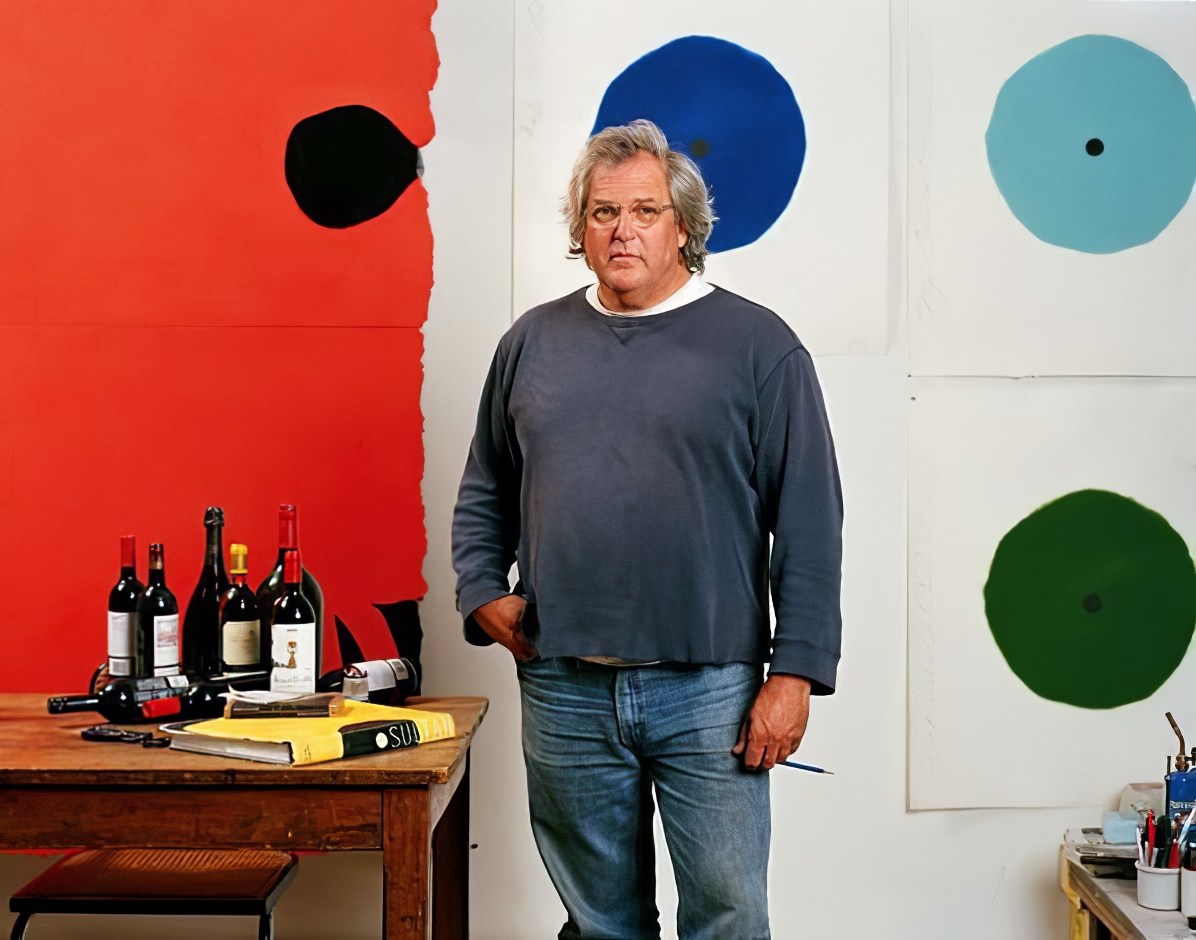
Donald K. Sultan is an American painter, sculptor, and printmaker, particularly well-known for large-scale still life paintings and the use of industrial materials such as tar, enamel, spackle and vinyl tiles. He has been exhibiting internationally in prominent museums and galleries, and his works are included in important museum collections all over the globe. Sultan is the recipient of numerous honors and awards for his artistic achievements.

Donald Clarence Judd was an American artist associated with minimalism (a term he nonetheless stridently disavowed). In his work, Judd sought autonomy and clarity for the constructed object and the space created by it, ultimately achieving a rigorously democratic presentation without compositional hierarchy. He is generally considered the leading international exponent of "minimalism," and its most important theoretician through such writings as "Specific Objects" (1964). Judd voiced his unorthodox perception of minimalism in Arts Yearbook 8, where he says, "The new three dimensional work doesn't constitute a movement, school, or style. The common aspects are too general and too little common to define a movement. The differences are greater than the similarities."
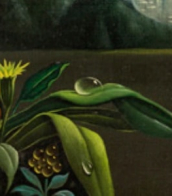
Donald Clarence Judd was an American artist associated with minimalism (a term he nonetheless stridently disavowed). In his work, Judd sought autonomy and clarity for the constructed object and the space created by it, ultimately achieving a rigorously democratic presentation without compositional hierarchy. He is generally considered the leading international exponent of "minimalism," and its most important theoretician through such writings as "Specific Objects" (1964). Judd voiced his unorthodox perception of minimalism in Arts Yearbook 8, where he says, "The new three dimensional work doesn't constitute a movement, school, or style. The common aspects are too general and too little common to define a movement. The differences are greater than the similarities."

Donald Clarence Judd was an American artist associated with minimalism (a term he nonetheless stridently disavowed). In his work, Judd sought autonomy and clarity for the constructed object and the space created by it, ultimately achieving a rigorously democratic presentation without compositional hierarchy. He is generally considered the leading international exponent of "minimalism," and its most important theoretician through such writings as "Specific Objects" (1964). Judd voiced his unorthodox perception of minimalism in Arts Yearbook 8, where he says, "The new three dimensional work doesn't constitute a movement, school, or style. The common aspects are too general and too little common to define a movement. The differences are greater than the similarities."

Donald Clarence Judd was an American artist associated with minimalism (a term he nonetheless stridently disavowed). In his work, Judd sought autonomy and clarity for the constructed object and the space created by it, ultimately achieving a rigorously democratic presentation without compositional hierarchy. He is generally considered the leading international exponent of "minimalism," and its most important theoretician through such writings as "Specific Objects" (1964). Judd voiced his unorthodox perception of minimalism in Arts Yearbook 8, where he says, "The new three dimensional work doesn't constitute a movement, school, or style. The common aspects are too general and too little common to define a movement. The differences are greater than the similarities."

Donald Clarence Judd was an American artist associated with minimalism (a term he nonetheless stridently disavowed). In his work, Judd sought autonomy and clarity for the constructed object and the space created by it, ultimately achieving a rigorously democratic presentation without compositional hierarchy. He is generally considered the leading international exponent of "minimalism," and its most important theoretician through such writings as "Specific Objects" (1964). Judd voiced his unorthodox perception of minimalism in Arts Yearbook 8, where he says, "The new three dimensional work doesn't constitute a movement, school, or style. The common aspects are too general and too little common to define a movement. The differences are greater than the similarities."
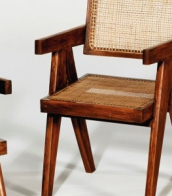
Donald Clarence Judd was an American artist associated with minimalism (a term he nonetheless stridently disavowed). In his work, Judd sought autonomy and clarity for the constructed object and the space created by it, ultimately achieving a rigorously democratic presentation without compositional hierarchy. He is generally considered the leading international exponent of "minimalism," and its most important theoretician through such writings as "Specific Objects" (1964). Judd voiced his unorthodox perception of minimalism in Arts Yearbook 8, where he says, "The new three dimensional work doesn't constitute a movement, school, or style. The common aspects are too general and too little common to define a movement. The differences are greater than the similarities."

Donald Clarence Judd was an American artist associated with minimalism (a term he nonetheless stridently disavowed). In his work, Judd sought autonomy and clarity for the constructed object and the space created by it, ultimately achieving a rigorously democratic presentation without compositional hierarchy. He is generally considered the leading international exponent of "minimalism," and its most important theoretician through such writings as "Specific Objects" (1964). Judd voiced his unorthodox perception of minimalism in Arts Yearbook 8, where he says, "The new three dimensional work doesn't constitute a movement, school, or style. The common aspects are too general and too little common to define a movement. The differences are greater than the similarities."

Donald Clarence Judd was an American artist associated with minimalism (a term he nonetheless stridently disavowed). In his work, Judd sought autonomy and clarity for the constructed object and the space created by it, ultimately achieving a rigorously democratic presentation without compositional hierarchy. He is generally considered the leading international exponent of "minimalism," and its most important theoretician through such writings as "Specific Objects" (1964). Judd voiced his unorthodox perception of minimalism in Arts Yearbook 8, where he says, "The new three dimensional work doesn't constitute a movement, school, or style. The common aspects are too general and too little common to define a movement. The differences are greater than the similarities."

Donald Clarence Judd was an American artist associated with minimalism (a term he nonetheless stridently disavowed). In his work, Judd sought autonomy and clarity for the constructed object and the space created by it, ultimately achieving a rigorously democratic presentation without compositional hierarchy. He is generally considered the leading international exponent of "minimalism," and its most important theoretician through such writings as "Specific Objects" (1964). Judd voiced his unorthodox perception of minimalism in Arts Yearbook 8, where he says, "The new three dimensional work doesn't constitute a movement, school, or style. The common aspects are too general and too little common to define a movement. The differences are greater than the similarities."
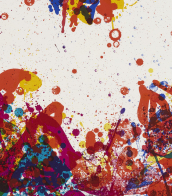
Donald Clarence Judd was an American artist associated with minimalism (a term he nonetheless stridently disavowed). In his work, Judd sought autonomy and clarity for the constructed object and the space created by it, ultimately achieving a rigorously democratic presentation without compositional hierarchy. He is generally considered the leading international exponent of "minimalism," and its most important theoretician through such writings as "Specific Objects" (1964). Judd voiced his unorthodox perception of minimalism in Arts Yearbook 8, where he says, "The new three dimensional work doesn't constitute a movement, school, or style. The common aspects are too general and too little common to define a movement. The differences are greater than the similarities."

Donald Clarence Judd was an American artist associated with minimalism (a term he nonetheless stridently disavowed). In his work, Judd sought autonomy and clarity for the constructed object and the space created by it, ultimately achieving a rigorously democratic presentation without compositional hierarchy. He is generally considered the leading international exponent of "minimalism," and its most important theoretician through such writings as "Specific Objects" (1964). Judd voiced his unorthodox perception of minimalism in Arts Yearbook 8, where he says, "The new three dimensional work doesn't constitute a movement, school, or style. The common aspects are too general and too little common to define a movement. The differences are greater than the similarities."
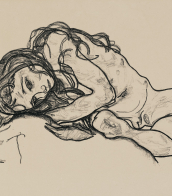
Donald Clarence Judd was an American artist associated with minimalism (a term he nonetheless stridently disavowed). In his work, Judd sought autonomy and clarity for the constructed object and the space created by it, ultimately achieving a rigorously democratic presentation without compositional hierarchy. He is generally considered the leading international exponent of "minimalism," and its most important theoretician through such writings as "Specific Objects" (1964). Judd voiced his unorthodox perception of minimalism in Arts Yearbook 8, where he says, "The new three dimensional work doesn't constitute a movement, school, or style. The common aspects are too general and too little common to define a movement. The differences are greater than the similarities."

Donald Clarence Judd was an American artist associated with minimalism (a term he nonetheless stridently disavowed). In his work, Judd sought autonomy and clarity for the constructed object and the space created by it, ultimately achieving a rigorously democratic presentation without compositional hierarchy. He is generally considered the leading international exponent of "minimalism," and its most important theoretician through such writings as "Specific Objects" (1964). Judd voiced his unorthodox perception of minimalism in Arts Yearbook 8, where he says, "The new three dimensional work doesn't constitute a movement, school, or style. The common aspects are too general and too little common to define a movement. The differences are greater than the similarities."
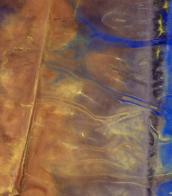
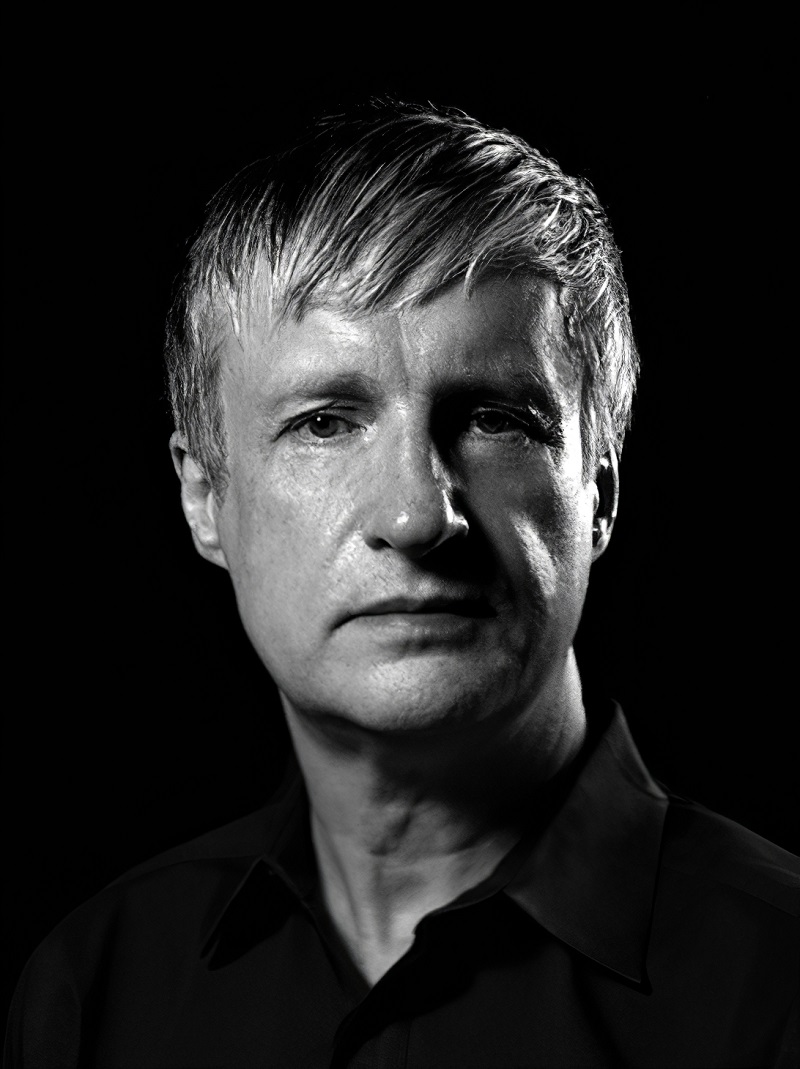
Donald Baechler was an American painter and sculptor associated with 1980s Neo-expressionism.
Baechler's artwork is in various permanent museum collections including at the Whitney Museum of American Art, the Museum of Modern Art, Solomon R. Guggenheim Museum, the Museum of Fine Arts Boston, the Stedelijk, and the Centre Pompidou.


Donald Baechler was an American painter and sculptor associated with 1980s Neo-expressionism.
Baechler's artwork is in various permanent museum collections including at the Whitney Museum of American Art, the Museum of Modern Art, Solomon R. Guggenheim Museum, the Museum of Fine Arts Boston, the Stedelijk, and the Centre Pompidou.

